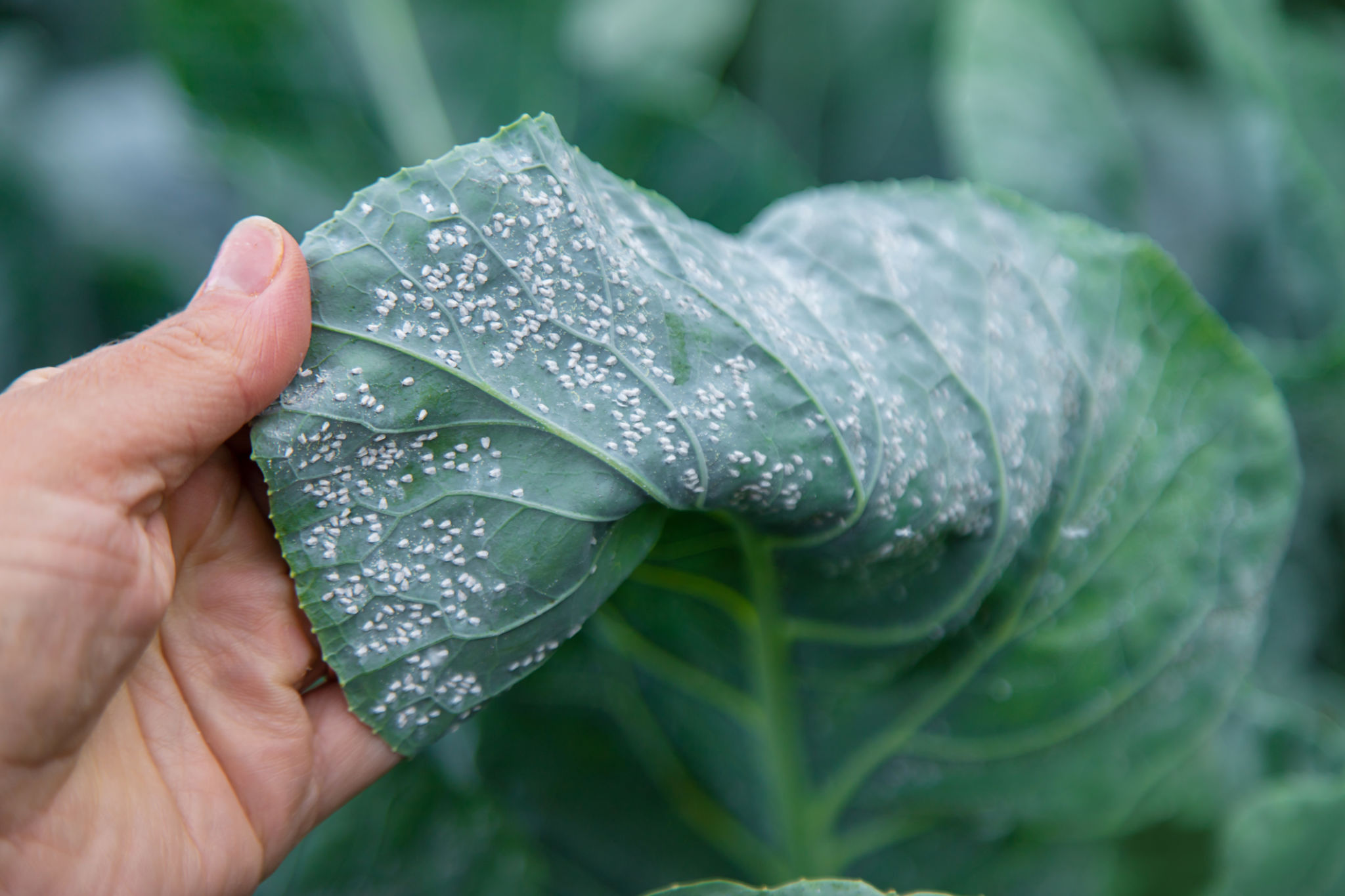How to Implement Sustainable Practices in Your Ocala Farm
Understanding the Importance of Sustainability
Implementing sustainable practices on your Ocala farm is not just about preserving the environment; it's also about ensuring the long-term viability and productivity of your farm. By incorporating eco-friendly methods, you can reduce costs, improve efficiency, and contribute to the overall health of the ecosystem. Embracing sustainability can also enhance your farm's reputation and potentially open up new market opportunities.

Soil Health and Management
Maintaining healthy soil is fundamental to sustainable farming. Start by conducting regular soil tests to understand its composition and nutrient needs. This will guide you in applying the right amount of organic fertilizers or compost, minimizing chemical inputs. Implement crop rotation and cover cropping to prevent soil depletion and erosion. These practices help in enhancing soil fertility while maintaining its structure and moisture levels.
Water Conservation Techniques
Water is a precious resource, especially in agriculture. Implement efficient irrigation systems like drip or sprinkler irrigation to minimize water waste. Collect and store rainwater for use during dry spells. Additionally, consider planting drought-resistant crops that require less water. By managing water resources wisely, you can significantly reduce your farm's environmental impact.

Embracing Renewable Energy
Switching to renewable energy sources can drastically cut down on your farm’s carbon footprint. Solar panels and wind turbines are excellent options for generating clean energy on-site. Not only do these technologies reduce reliance on fossil fuels, but they can also lead to long-term savings on energy costs. Consider applying for grants or subsidies that support renewable energy installations.
Integrated Pest Management
Sustainable pest control is crucial for protecting both crops and the environment. Integrated Pest Management (IPM) focuses on using natural predators, crop rotation, and selective use of pesticides to manage pest populations. This approach minimizes chemical usage and promotes biodiversity on the farm. Regular monitoring of pest levels can help in making informed decisions about pest control measures.

Enhancing Biodiversity on the Farm
Biodiversity is vital for a resilient farming ecosystem. Encourage the presence of beneficial insects and birds by planting native species and creating habitats such as hedgerows and buffer strips. Diversifying crops and livestock not only improves biodiversity but also helps in risk management by spreading economic dependence across various products.
Reducing Waste and Recycling
Minimizing waste is an integral part of sustainable farming. Implement a comprehensive waste management system that includes recycling materials like plastic, metal, and paper. Compost organic waste to enrich your soil naturally. Consider repurposing old equipment or materials for new uses around the farm. These efforts can significantly lower your operation's environmental footprint.
Community Involvement and Education
Engaging with the local community can foster a culture of sustainability beyond your farm. Host workshops or farm tours to educate others about sustainable practices. Collaborate with local schools or agricultural organizations to share knowledge and resources. By promoting awareness, you can inspire others to adopt eco-friendly methods, contributing to a more sustainable future for everyone.

Implementing sustainable practices on your Ocala farm is a journey that requires commitment and adaptability. By focusing on these key areas, you can create a thriving farm that benefits both the environment and your bottom line. Stay informed about new technologies and practices in sustainability to continuously improve your operations.